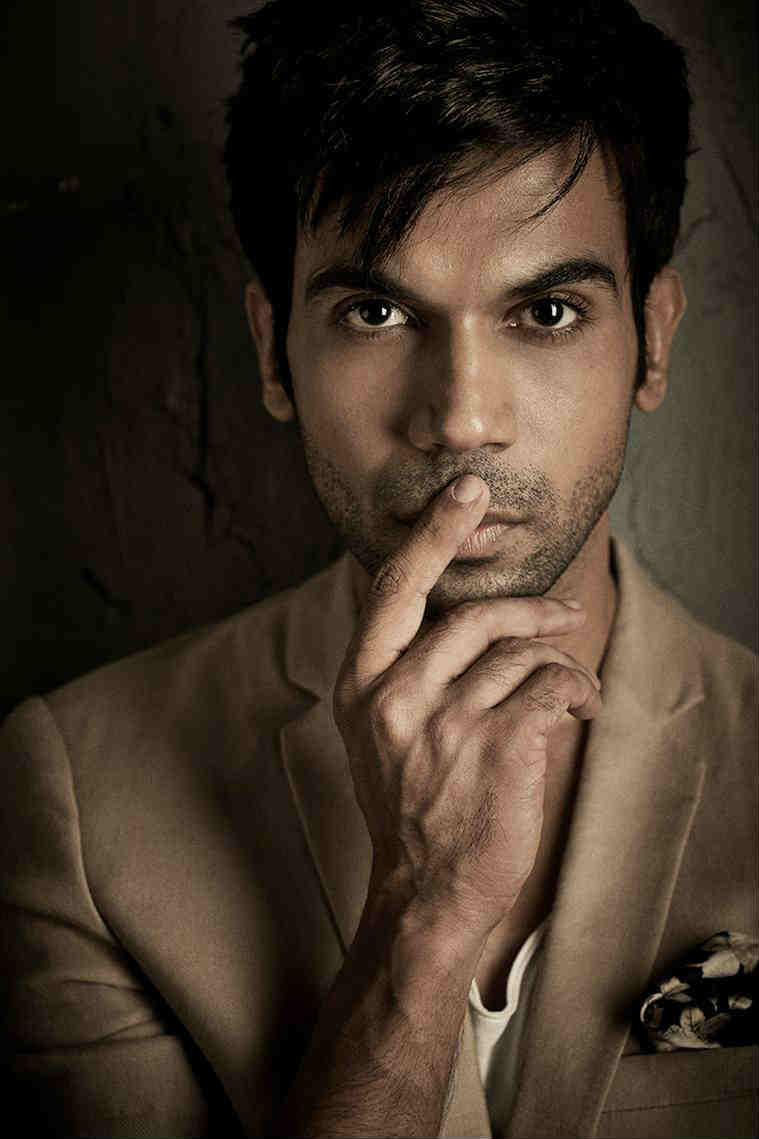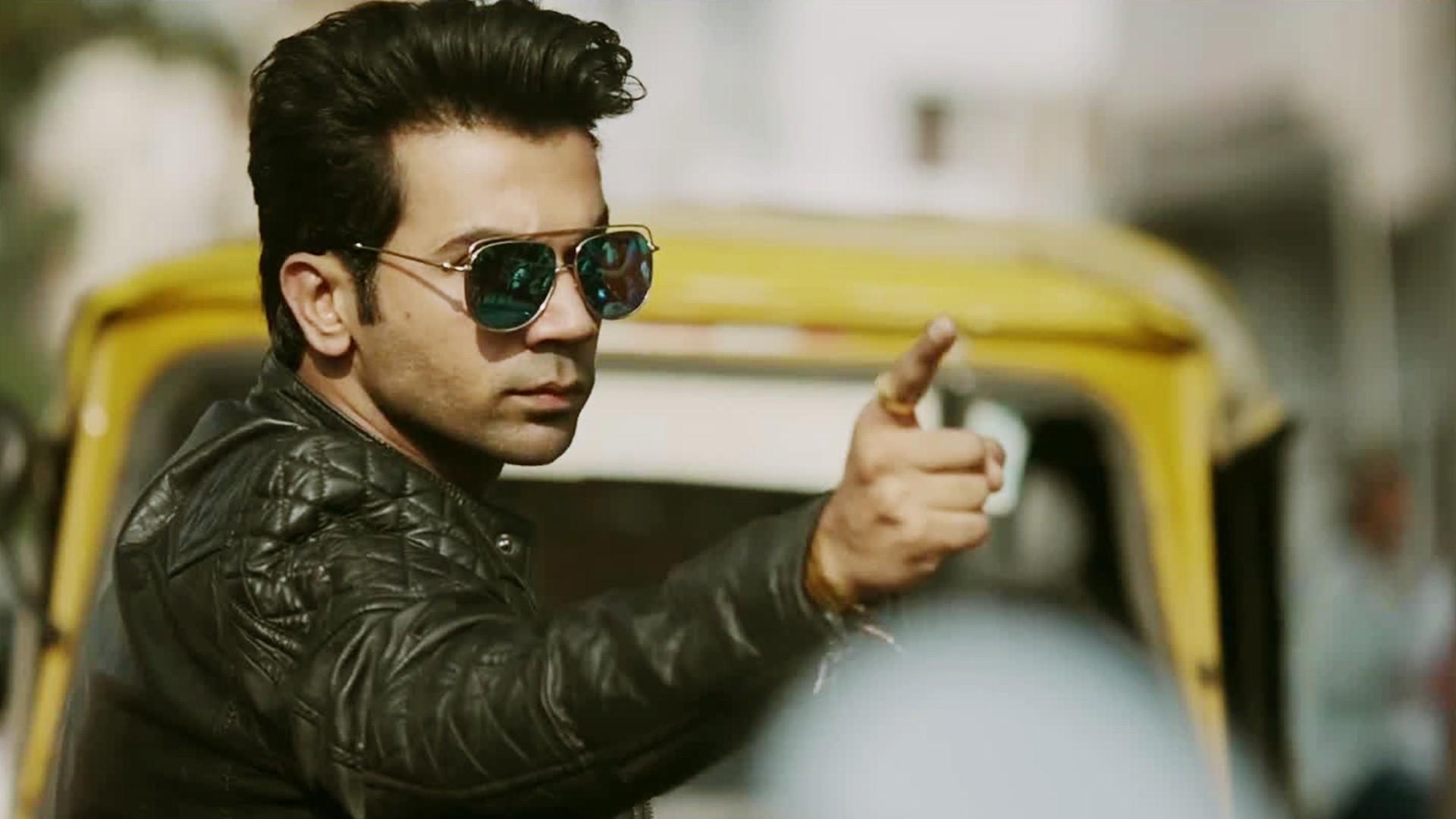In an industry often defined by larger-than-life personas and star-driven projects, Rajkummar Rao has carved a unique path in Bollywood by consistently prioritizing substance over style. From his breakthrough role in Love Sex Aur Dhokha (2010) to his recent successes, Rao’s journey is emblematic of the power of versatility. Today, he stands as a game-changer, not merely for the range of his performances, but for how he has redefined what it means to be a “Bollywood hero.”
Early Life and Entry into Bollywood
Rajkummar Rao was born on August 31, 1984, in Gurgaon (now Gurugram), Haryana. Growing up, he was far from the film industry hubs of Mumbai and Delhi, yet his interest in acting was evident from a young age. After completing his studies at the Film and Television Institute of India (FTII) in Pune, he moved to Mumbai with big dreams and little money, armed with his talent and passion for cinema.
His journey in Bollywood began with small roles, but Rao’s ability to completely immerse himself into his characters quickly caught the attention of filmmakers. He gained widespread recognition with Love Sex Aur Dhokha, an experimental film by Dibakar Banerjee, where he played a cameraman caught in a scandal. This was a stepping stone, but Rao was far from a household name. However, his commitment to each role began to earn him a reputation as one of Bollywood’s most serious and committed actors.
Breaking Stereotypes with Unconventional Roles
While many newcomers in Bollywood are typecast based on their first few roles, Rajkummar Rao set himself apart by choosing projects that allowed him to showcase a diverse range. He was not content with simply being a supporting actor or following a predictable hero template. Instead, he gravitated towards offbeat scripts and unique characters that allowed him to dive into human psychology and complex narratives.
Films like Shahid (2013), where he portrayed the real-life human rights lawyer Shahid Azmi, marked the beginning of his rise as a critical favorite. This role, based on a powerful and socially relevant true story, earned him his first National Award. Shahid was more than just a performance; it was Rao’s testament to his dedication, as he lost weight, studied Azmi’s life in detail, and immersed himself into the world of his character.
Following this, Rao took on roles in films like CityLights (2014) and Aligarh (2016), both critically acclaimed and socially charged films that depicted the struggles of the marginalized. His ability to convey pain, vulnerability, and determination resonated deeply with audiences and critics alike. By refusing to adhere to conventional Bollywood formulas, Rao broadened the audience’s expectations of what mainstream Hindi cinema could explore.

Crafting a Unique Brand of Acting
One of Rajkummar Rao’s strongest qualities is his chameleon-like ability to blend into any character. Whether it’s playing the underdog lover in Bareilly Ki Barfi (2017), the desperate man in Trapped (2016), or the conniving wedding guest in Stree (2018), Rao disappears into his roles, leaving behind any trace of his own persona.
His methodical approach to acting and his refusal to be typecast has become a major draw for audiences who crave fresh and meaningful storytelling. In Newton (2017), where he played a government clerk determined to conduct a free and fair election in a conflict-ridden area, Rao brought humor, frustration, and idealism to the screen in a way that made the story compelling. The film was India’s official entry to the Oscars and underscored Rao’s ability to champion thought-provoking cinema without sacrificing entertainment.
Transforming Bollywood’s Perception of Heroes
Historically, Bollywood heroes have been larger-than-life figures, often seen overcoming insurmountable odds with charisma and machismo. Rao, however, represents a new kind of hero. In films like Trapped, he portrayed vulnerability and helplessness, showing that survival and resilience do not always look glamorous. His heroism is understated and grounded, often portraying characters that are flawed, human, and relatable.
Rajkummar Rao’s appeal lies in his humility and dedication to authenticity, qualities that resonate with India’s middle-class audiences. He doesn’t play characters that are removed from reality; instead, his characters embody everyday struggles, aspirations, and moral complexities. He proved that a Bollywood hero could be subtle, nuanced, and relatable, breaking away from the “invincible hero” trope that had long dominated Indian cinema.
Choosing Roles that Reflect Social Realities
An important aspect of Rao’s career is his alignment with socially relevant cinema. Rather than simply entertaining, his films often comment on real issues facing Indian society. For example, Newton deals with electoral integrity and the importance of democracy, Shahid tackles human rights, and Aligarh explores LGBTQ+ rights and social stigma. By bringing these issues into the mainstream, Rao has contributed to creating awareness and fostering dialogue among viewers.
In Stree, a horror-comedy based on an urban legend, Rao brought humor to his portrayal while the film subtly addressed issues related to gender inequality and superstition. Similarly, his role in Ludo (2020) showcased him as a flawed yet lovable character caught in life’s unpredictable twists, further showing his willingness to embrace human imperfection on screen.
An Actor’s Actor: Earning Respect from the Industry
Rao’s colleagues and directors often describe him as an actor’s actor, known for his humility, preparation, and dedication to his craft. His reputation for thorough preparation, down-to-earth nature, and focus on storytelling rather than stardom has made him a favorite among filmmakers and fellow actors alike.
Collaborators like Hansal Mehta, with whom he has worked on multiple projects, credit him with elevating the scripts through his performances. Mehta once noted that Rao’s passion for bringing depth to his characters transforms simple roles into memorable performances. For example, in Omerta (2017), where Rao played the controversial terrorist Ahmed Omar Saeed Sheikh, he not only embraced a darker role but also immersed himself in the psychological complexities of a dangerous man—a performance that left an indelible mark on the audience.
Recognition and Global Appeal
Rajkummar Rao’s work has also earned him recognition beyond India, putting him in the spotlight internationally. His films have been showcased in various international film festivals, drawing attention to the changing face of Indian cinema. His success has opened doors for other actors who want to pursue unconventional roles and challenge stereotypes without worrying about box office returns.
The Influence on Bollywood’s New Generation
Rajkummar Rao’s influence on Bollywood extends beyond his own career. As new actors enter the industry, they are increasingly looking to Rao’s choices as a roadmap for a career built on quality and versatility rather than just commercial success. His dedication to the craft and insistence on meaningful roles have inspired young actors to think beyond glamorous roles and seek out parts that push them artistically.
By setting an example of choosing content-driven films over formulaic projects, Rao has helped shift Bollywood’s focus towards more experimental and diverse storytelling. His career trajectory has shown that audiences are open to complex characters and that commercially successful films don’t always require conventional heroes.
Conclusion: The Legacy of Rajkummar Rao
In an era where Bollywood heroes are typically seen as unreachable icons, Rajkummar Rao has emerged as a refreshing departure. His transformative journey from a small-town actor to one of the most respected names in Bollywood has changed how audiences perceive heroes on screen. Rao’s versatility, dedication, and unique approach to storytelling have made him a true game-changer, influencing not only the industry but also the audience’s taste for nuanced cinema.
By embracing roles that highlight social issues, by pushing boundaries, and by choosing characters that reflect the realities of life, Rao has shown that Bollywood can be both entertaining and thought-provoking. His story is a testament to the power of versatility in an industry that often gravitates towards formula. Rajkummar Rao’s legacy will undoubtedly be one of inspiring a new generation of actors to believe that there is more to Bollywood than stardom—it’s about connecting with audiences and telling stories that matter.



